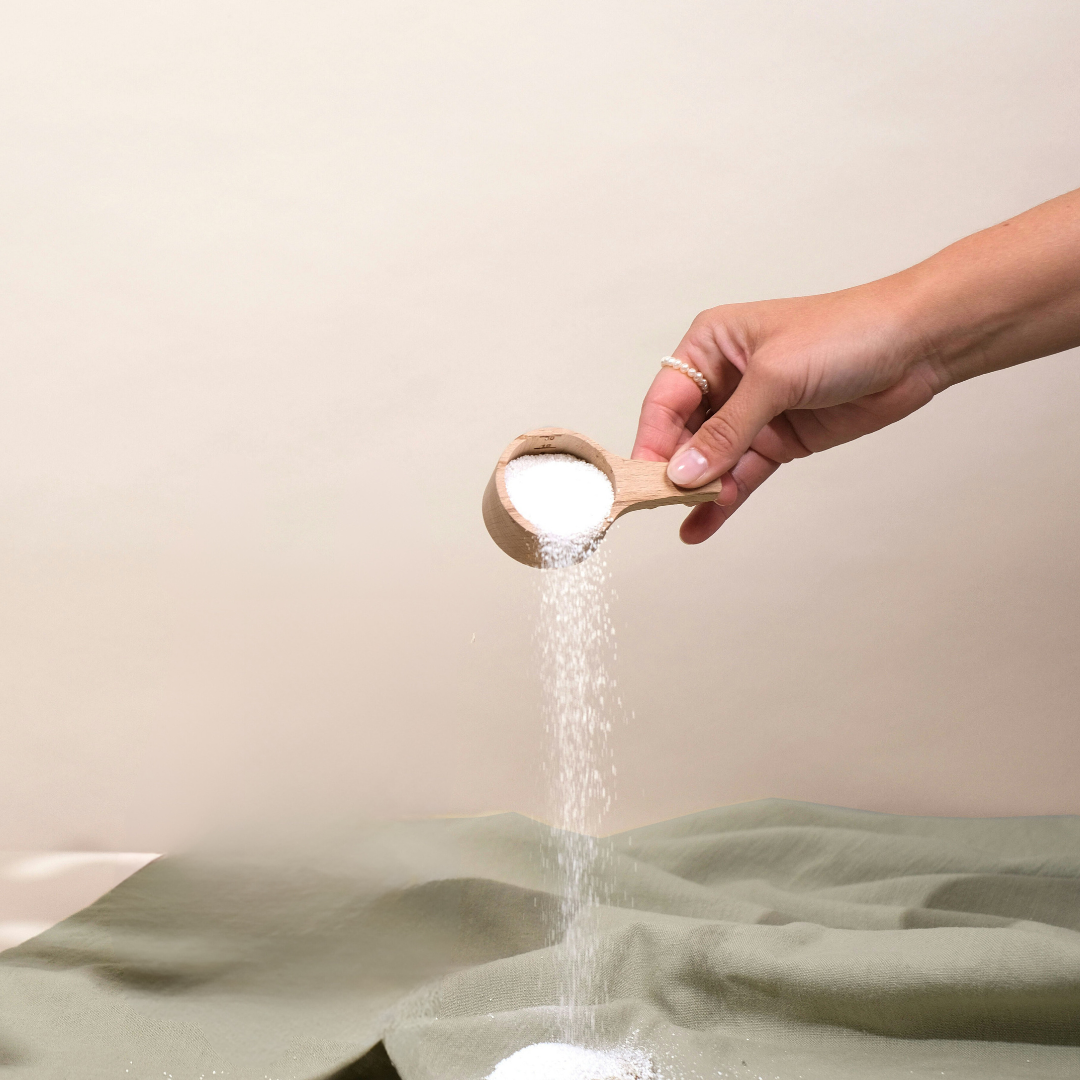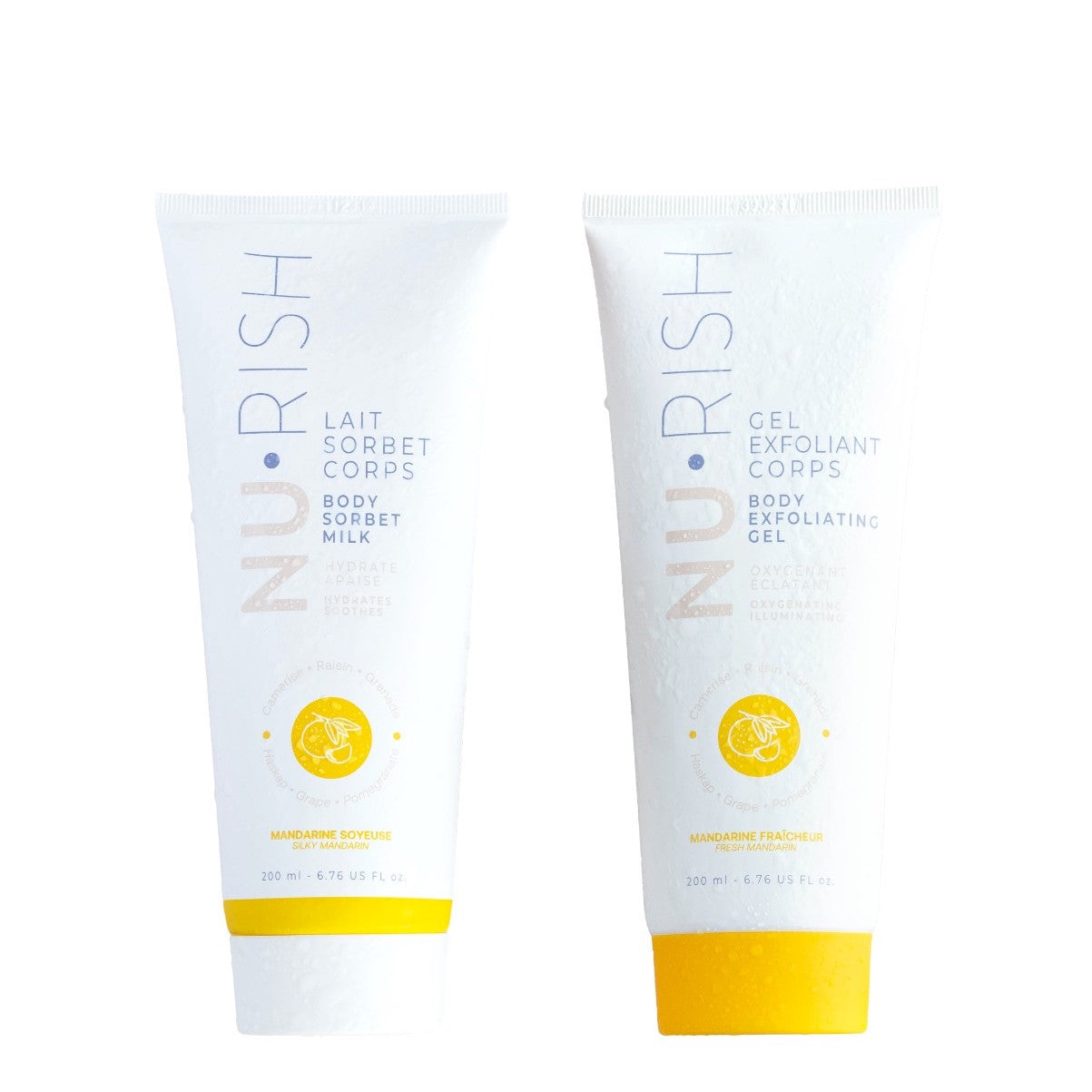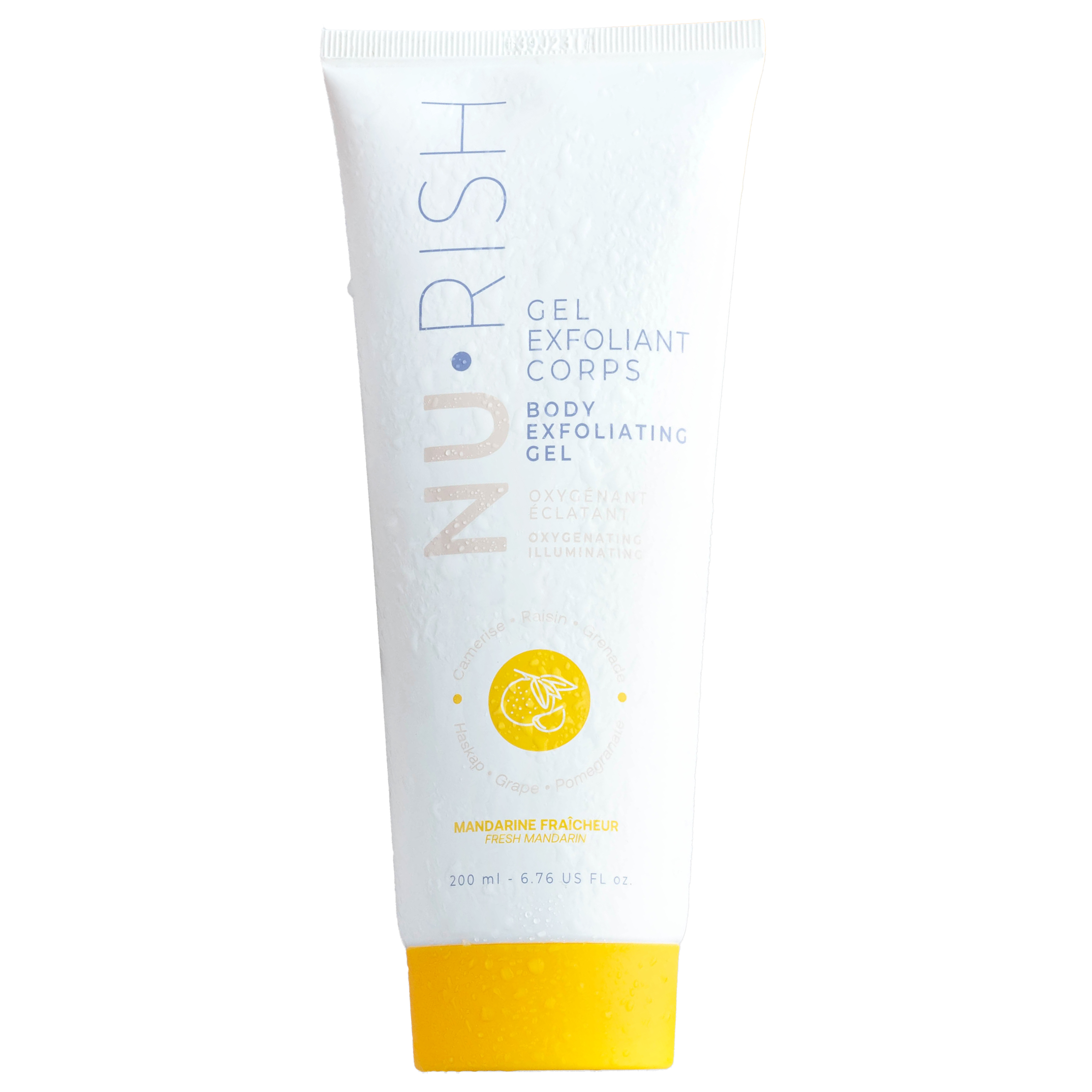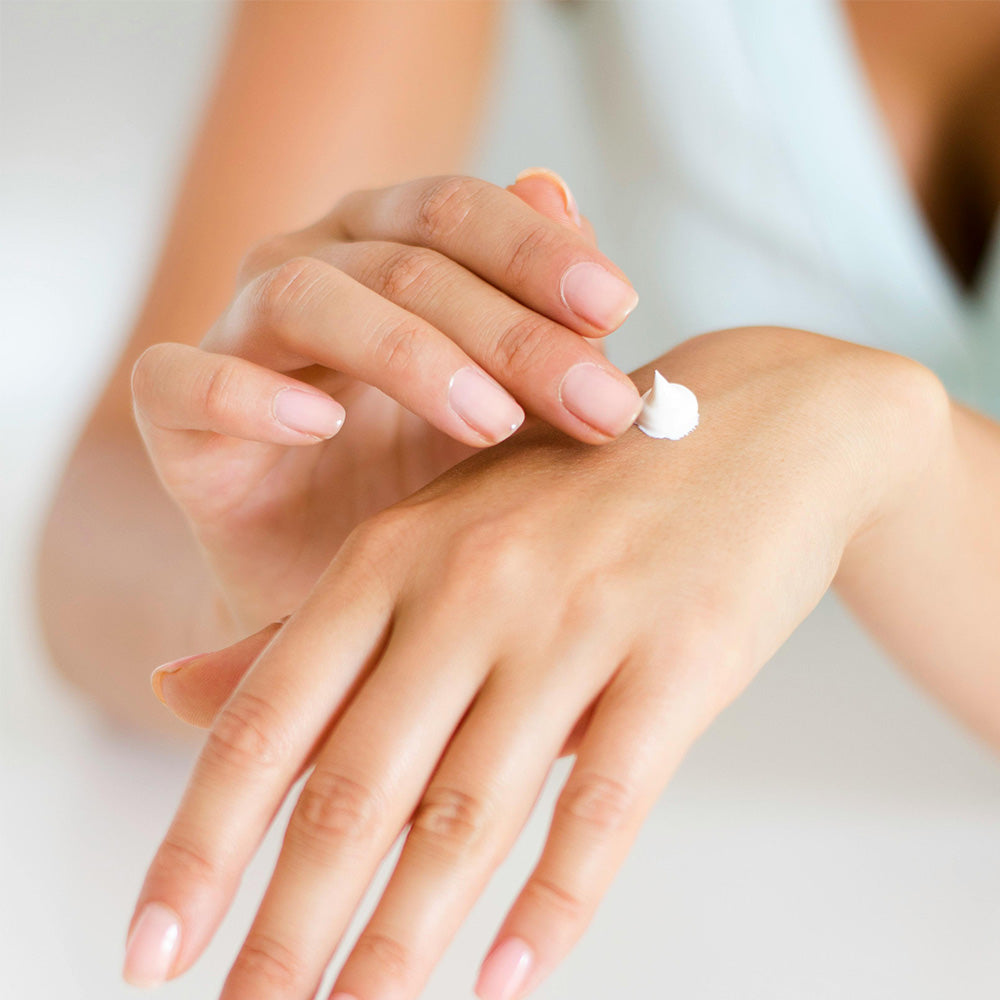
All about collagen in 4 minutes
When it comes to caring for your skin and body on a daily basis, especially when you want to preserve your youthful appearance, there are a number of solutions to consider. Many vitamins and active ingredients are currently on the market for their benefits. One of the most popular at the moment is collagen.
1) Collagen functions
Collagen makes up 25-30% of all proteins in the human body, making it the most abundant protein in the body. This protein is an important component of connective tissues including skin, tendons, muscles, cartilage and bones. Collagen's main role is to ensure the structure, strength and support of all the body's connective tissues. In the skin, collagen provides mechanical support for cutaneous tissue. Together with other skin components (e.g. hyaluronic acid, reticulin, elastin, etc.), collagen also forms a support network for skin cells (e.g. fibroblasts, keratinocytes, melanocytes and specialized cells of the cutaneous immune system).
More specifically, collagen's functions include :
- Contributes to the formation of fibroblasts in the dermis;
- Promotes the growth of new cells;
- Help replace dead skin cells;
- Provide skin structure and elasticity.
2) Collagen precursors
Collagen is naturally present in animal flesh, such as meat and fish. However, other foods, both animal and vegetable, provide the elements the body needs to manufacture it.
Foods that naturally contain collagen
Collagen is naturally present in cuts of meat rich in connective tissue (e.g. roast, brisket, chuck steak, etc.), fish bones and skin, bone broth and gelatin.
Foods that stimulate collagen production
Protein-rich foods can boost collagen production, as they contain the amino acids glycine, proline and hydroxyproline needed for its manufacture. These foods include fish, poultry, meat, eggs, dairy products, legumes and soy.
Collagen production also requires other precursors, such as zinc, copper and vitamin C.
Sources of zinc
Sources of zinc include shellfish, legumes, meat, nuts, seeds and whole grains.
Sources of copper
Copper is found in oysters, liver, seeds, nuts, green leafy vegetables, soybeans, legumes and dark chocolate.
Sources of vitamin C
Vitamin C is found in abundance in fruits and vegetables, such as citrus fruits, berries, green leafy vegetables, peppers and tomatoes.
3) Types of collagen
There are 28 types of collagen. The following table presents the five main types of collagen and their roles.
| Collagen type | Roles |
| Type I |
|
| Type II |
|
| Type III |
|
| Type IV |
|
| Type V |
|
6) The right dose
The maximum dose of hydrolyzed collagen has been set at 10 g/day by Health Canada. In the scientific literature, effective and safe doses generally range from 2.5 to 15 g/day. Smaller doses can benefit skin and joints, while larger doses can improve muscle mass and body composition.











5 comments
Bonjour
SvP que puis-je faire pour
Ma couperose
Si vous pouvez m’aider
Merci à vous
Jocelyne Trudel
Bonjour Guylaine Paradis,
Malheureusement nous ne proposons pas de collagène marin pour le moment.
NU•RISH
J’ai 61 ans. J’ai de l’intolérance au lactose et de plus intolérance aux protéines bovines + (ballonement, nausée, douleur abdominale ++ depuis que je suis nourrisson )
quelle serait ma meilleure solution pour le collagène. Avez vous la source marine ? si non quelle serait une marque sécuritaire.
Merci de votre intérêt.
guylaine paradis
Bonjour! Je souffre de fibromyalgie, beaucoup de douleurs aux jambes et tout le corps croyez-vous que les sachets à dissoudre pourraient s’avérer une source d’aide. Je cherche vraiment à retrouver mon énergie . Bravo pour vos produits !
Lisette Deschenes
J’ai commandé 3 sachets de ce produit que j’utilise depuis maintenant 4 semaines.
Avant de renouveler pour un autre 3 mois, j’aimerais savoir s’il y a une limitation de consommation annuelle de ce produit?
Dupuis Annie
Leave a comment
This site is protected by hCaptcha and the hCaptcha Privacy Policy and Terms of Service apply.